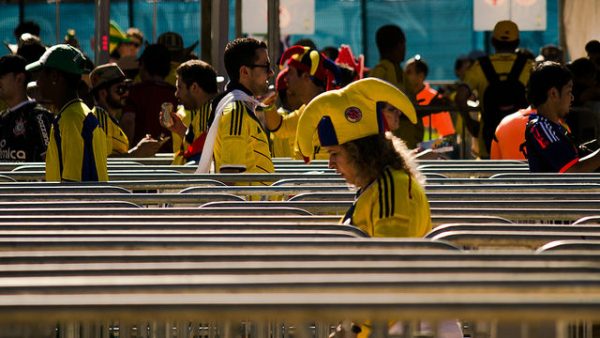
Done and dusted. Brazil’s run of hosting global sporting events has officially ended. From the opening game of the FIFA Confederation Cup in 2013, to the closing ceremony of the Paralympics on September 18, it has been quite a ride. Spectacles of the grandest of scales were to be portrayed on television with mostly smiles and laughs, but also some sadness. In the eyes of the world, Brazil’s sporting exploits look to be a success, but was it worth it? Was the estimated $30 billion the Brazilian government spent hosting these events a good investment? It is probably too early to say for sure, but sociological research can give us a sense of what kind of analyses need to be done to find out.
In the past, economic growth has often been seen as the primary reason for hosting major sporting events for developing nations. But when even economists acknowledge that little economic revenue will be produced, we must look to other rationales. The hope of breaking into the upper-echelon of nations with positive news coverage and prestige has emerged as one of the justifcations for hosting global sports spectacles today. For example, South Korea, who co-hosted the 2002 World Cup, used the event to promote itself as a modern state, just like its neighbors Japan and China.
- John Horne and Wolfram Manzenreiter. 2004. Accounting for Mega-events: Forecast and Actual Impacts of the 2002 Football World Cup Finals on the Host Countries Japan/Korea. International Review for the Sociology of Sport 39(2) 187-203.
- John Horne. 2015. Assessing the Sociology of Sport: On Sports Mega-events and Capitalist Modernity. International Review for the Sociology of Sport 50(4-5) 466–471.
- Martin Curi, Jorge Knijnik, and Gilmar Mascarenhas. 2011. The Pan American Games in Rio de Janeiro 2007: Consequences of a sport mega-event on a BRIC country. International Review for the Sociology of Sport 42(6) 140-156.
- Barbara Schausteck de Almeida, Chris Bolsmann, Wanderley Marchi Junior, and Juliano de Souza. 2015. Rationales, rhetoric and realities: FIFA’s World Cup in South Africa 2010 and Brazil 2014. International Review for the Sociology of Sport 50(3) 265-282.
Other countries like Brazil, China, and Russia have used their recent Olympic and World Cup events to help build positive public opinion around the globe. Who knows if Brazil’s exploits will make a lasting impact on the world stage, but this criteria will surely be among the most important in how these Games are judged in the future.

Comments